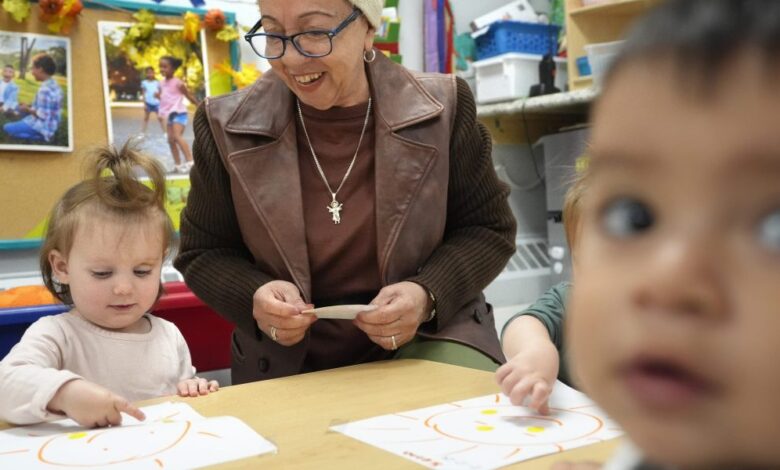GivingTuesday estimates $3.6 billion was donated to nonprofits this year


U.S. donors gave $3.6 billion on Tuesday, an increase from the past two years, according to estimates from the nonprofit GivingTuesday.
The Tuesday after Thanksgiving, now known as GivingTuesday, has become a major day for nonprofits to fundraise and otherwise engage their supporters each year, since the 92nd St Y in New York started it as a hashtag in 2012. GivingTuesday has since become an independent nonprofit that connects a worldwide network of leaders and organizations who promote giving in their communities.
“This just really shows the generosity, the willingness of American citizens to show up, particularly collectively,” said Asha Curran, CEO of the nonprofit GivingTuesday. “We are just seeing the power of collective action and particularly collective giving over and over and over again.”
This year, about 18.5 million people donated to nonprofits and another 9.2 million people volunteered, according to GivingTuesday’s estimates. Both the number of donors and the number of volunteers increased by 4% from the group’s 2023 estimates.
“For us, it’s not just about the number of dollars,” Curran said. “It’s about the number of people who feel like they have agency over the way their communities progress forward into the future.”
The nonprofit GivingTuesday estimates the amount of money and goods donated and the number of participants using data from donor management software companies, donation platforms, payment processors and donor-advised funds. Curran said they are purposely conservative in their calculations.
Nonprofits in the U.S. raised $3.1 billion in both 2022 and 2023 on GivingTuesday. That mirrored larger giving trends where the overall amount of donations dropped in 2022 and mostly held steady in 2023 after accounting for inflation.
It’s never easy to predict current giving trends, but Una Osili, associate dean at the Indiana University Lilly Family School of Philanthropy, said there were economic forces pushing in both directions.
“At the very same time, there’s a lot of uncertainty, especially around prices, the cost of living, the supermarket toll that people are expecting to continue even though inflation has moderated,” she said.
Donating or volunteering with nonprofits aren’t the only ways people participate in their communities. Many give to crowdfunding campaigns, political causes or support people directly in their networks. But tracking charitable donations is one way that researchers use to understand people’s civic engagement.
“This country is undeniably in a lot of pain and very divided right now,” Curran said. “And so to have a day that felt as hopeful and as optimistic as yesterday did, I’m sure was not only comforting to me, but to many, many millions of people.”






